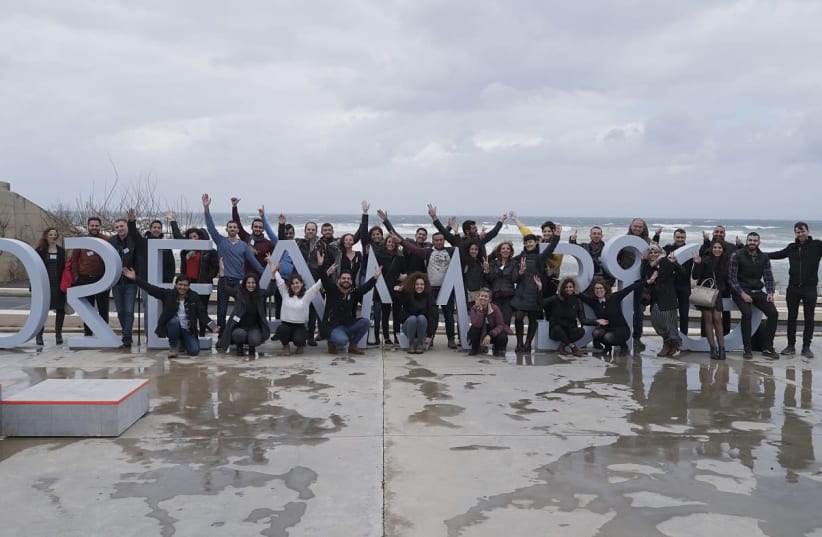Diversity at the heart of latest Peres Center innovation push
Forty participants, an equal share of Jews and Arabs, men and women, from all across the country will take part in the program, which includes 10 weeks of personalized mentoring, among others.
